Back to Courses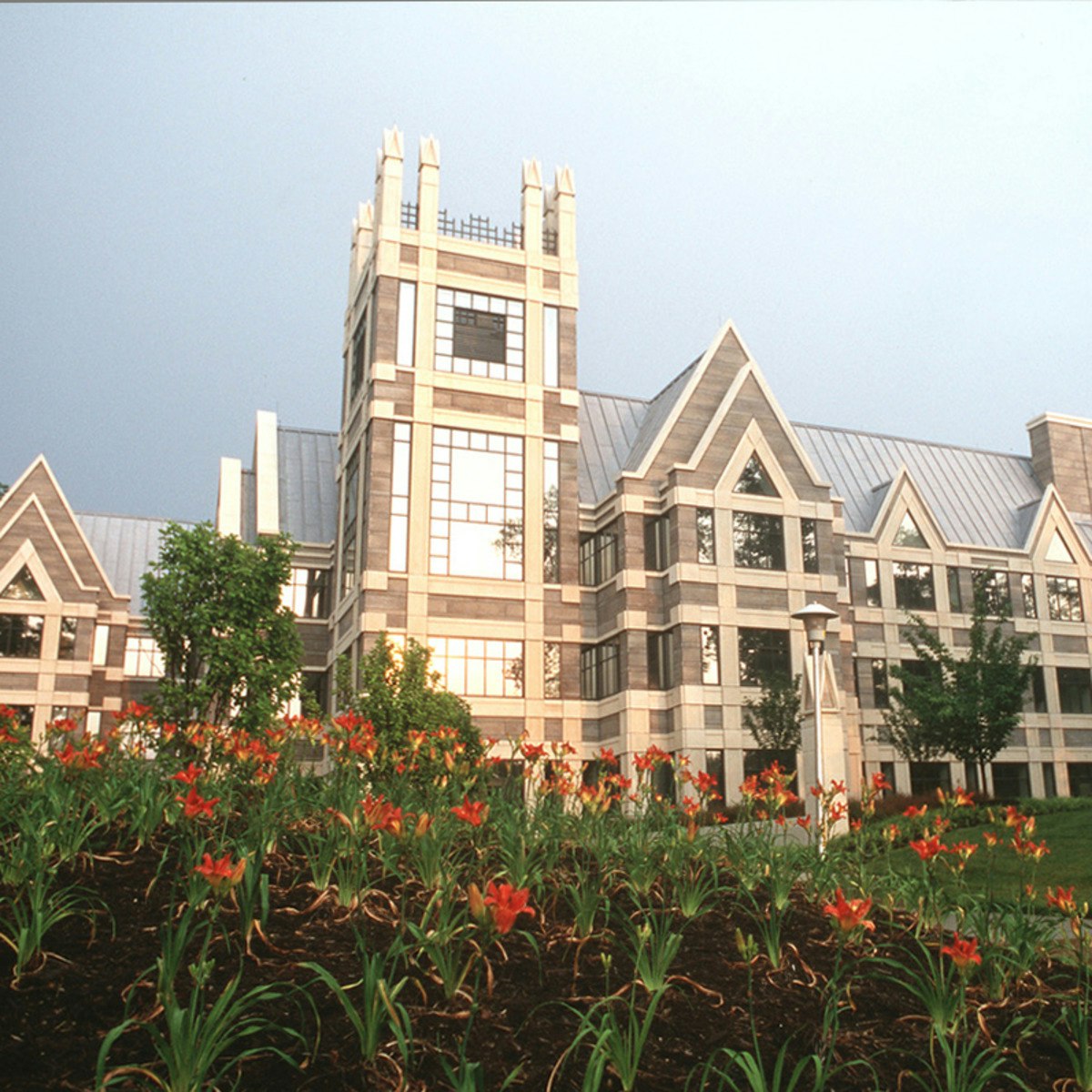
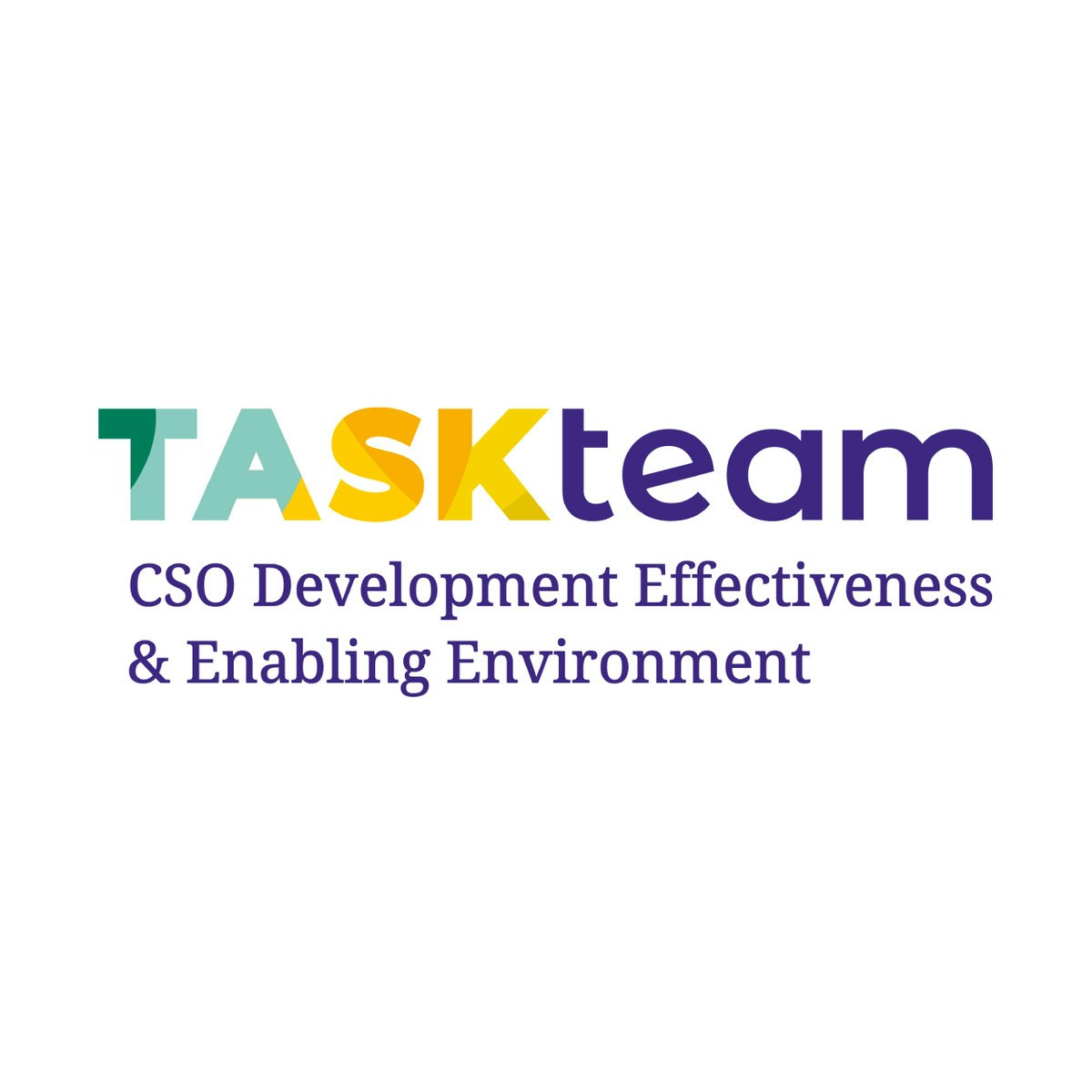
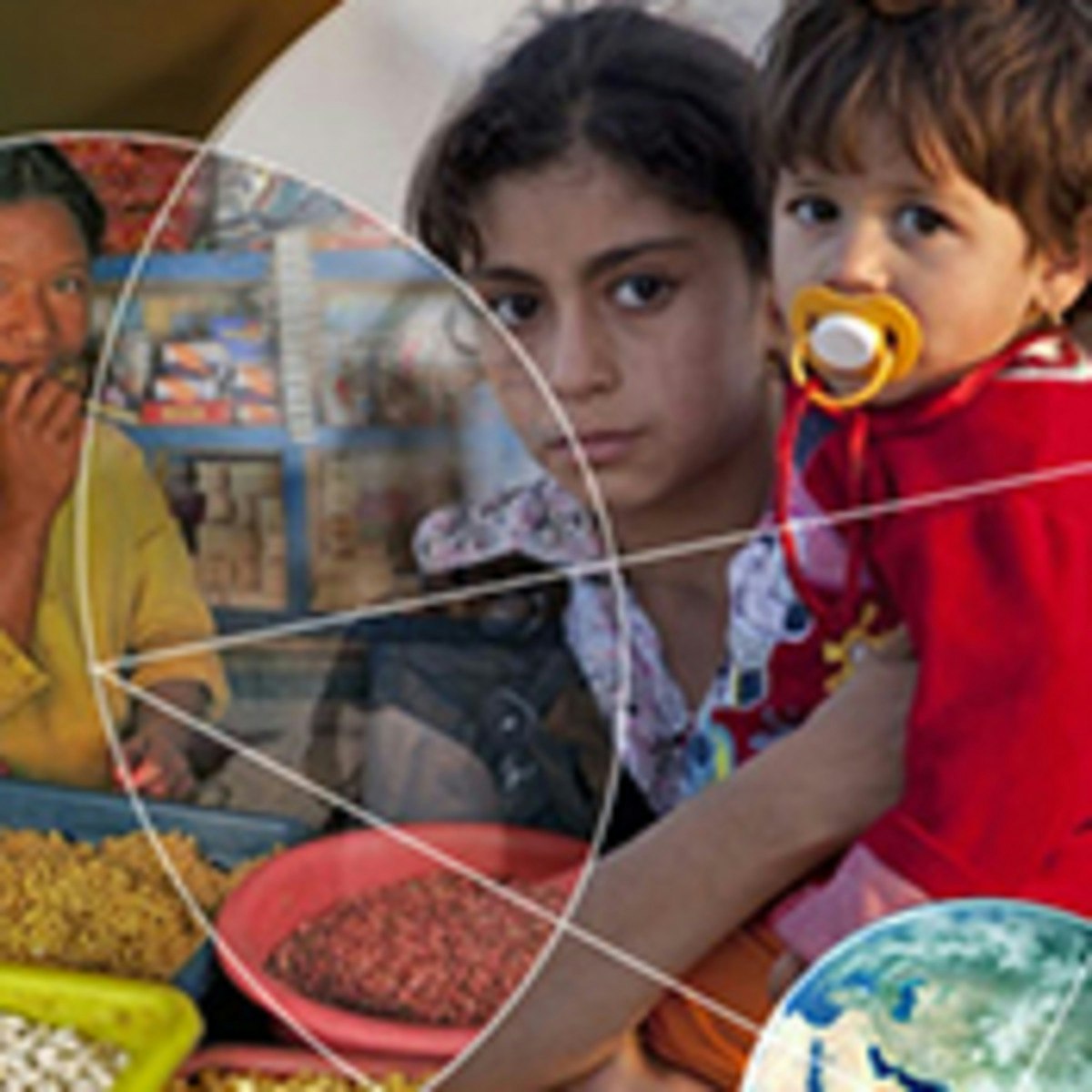
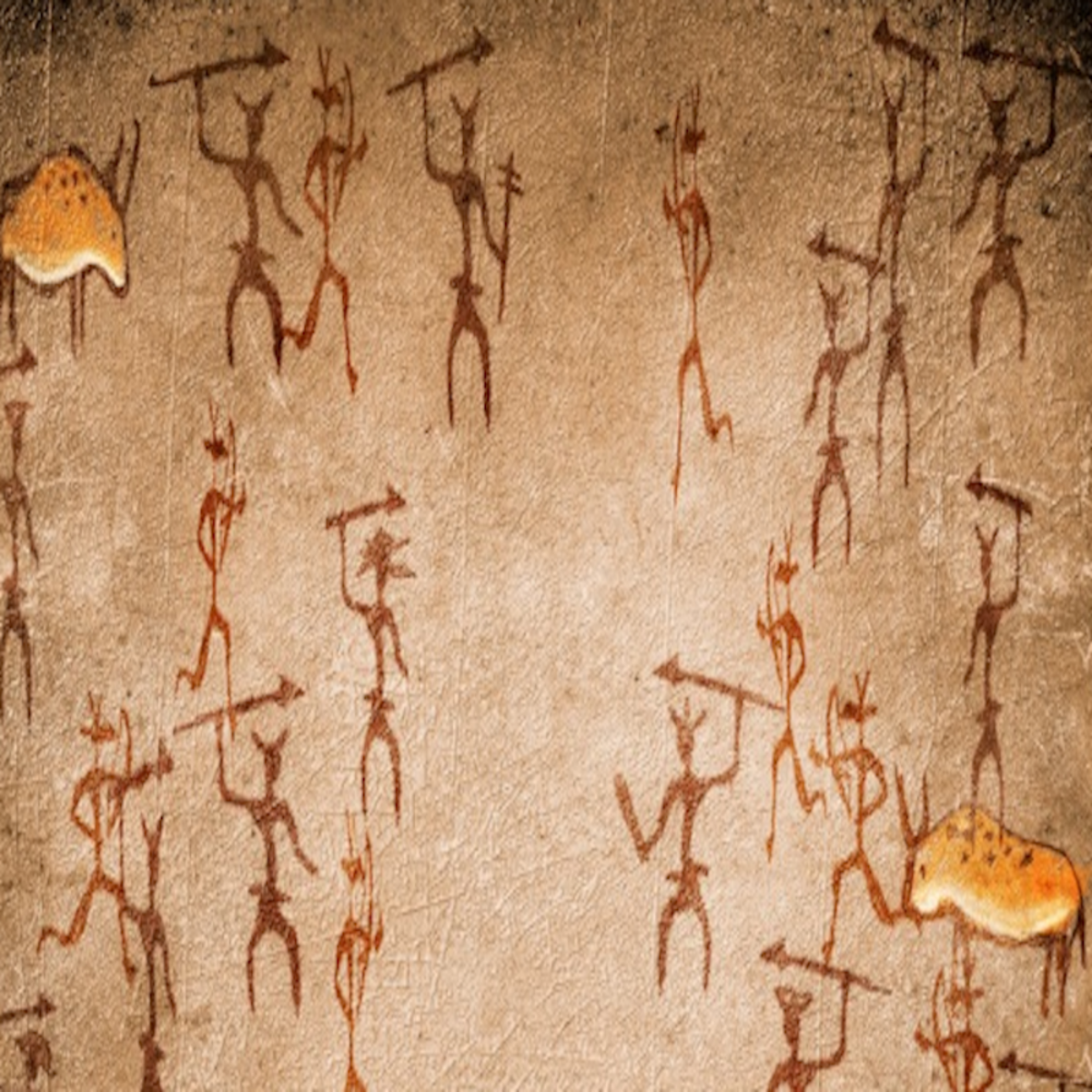
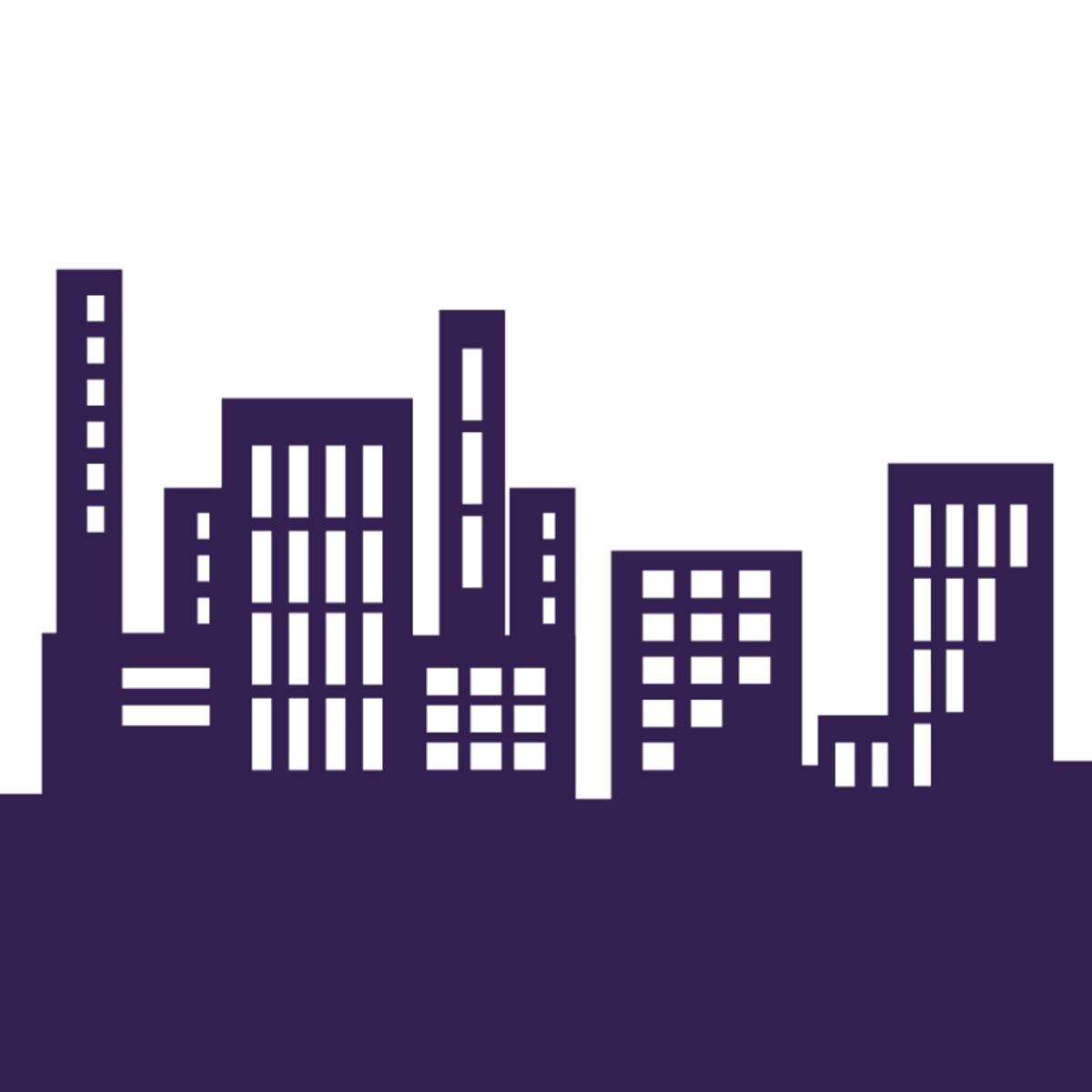

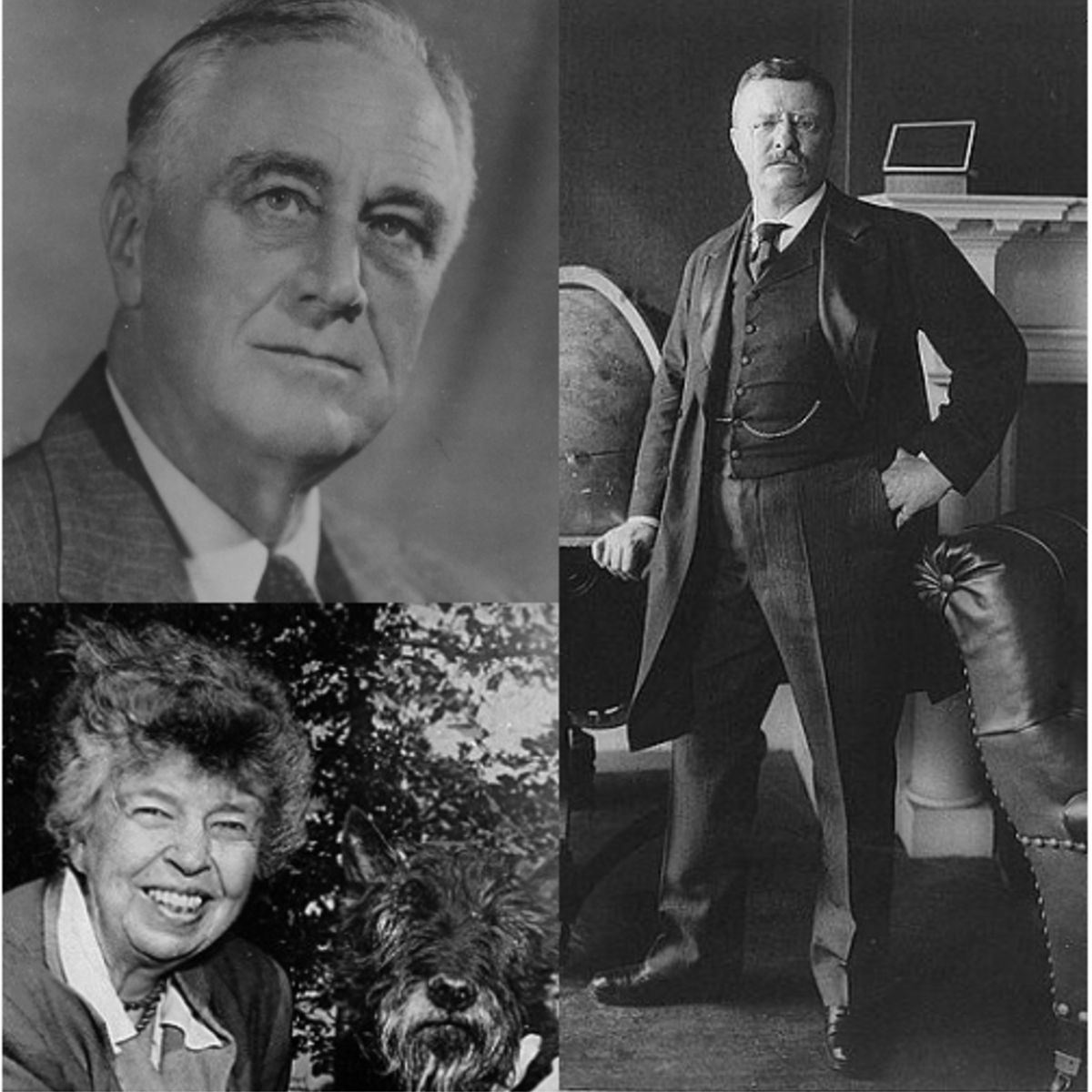

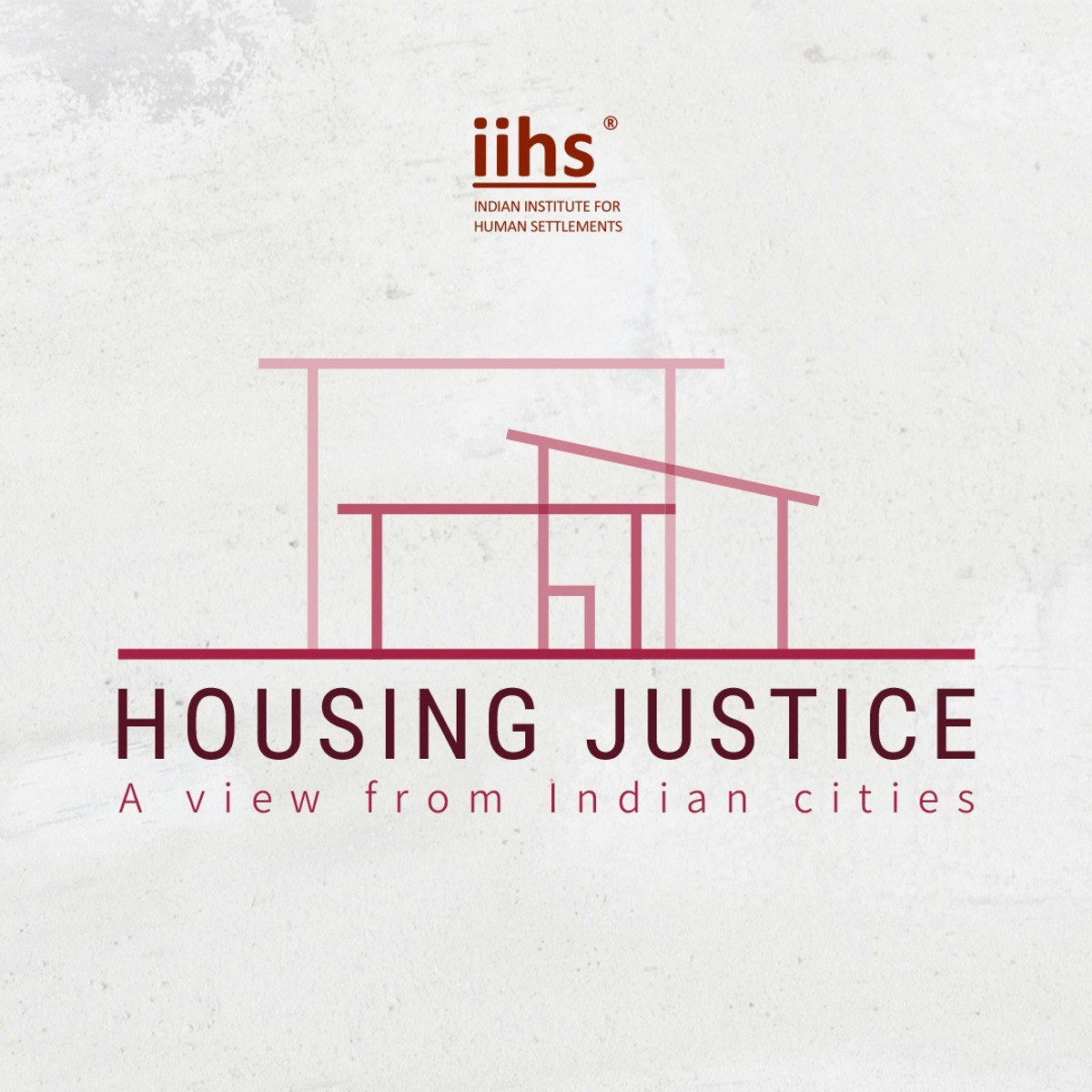

Governance And Society Courses - Page 4
Showing results 31-40 of 270

Civic Engagement in American Democracy
So how does the American political system work? Who are some of the key actors? What are key concepts for a student trying to understand what’s going on? How can I as a citizen influence politics?
Civic Engagement in American Democracy takes on these and other key questions. We’re Dr. Nicholas Carnes and Dr. Bruce Jentleson, the principal course instructors. Along with our Duke faculty colleagues who also contributed modules, we’ve designed the course to provide a strong foundational introduction to US politics.
If you’re new to this material, proceed through the modules one by one and build up your knowledge of politics and government. If some of the material is familiar, go ahead and set your own pace. Either way we hope Civic Engagement in American Democracy helps you be an effective student in more advanced politics courses and/or an engaged citizen in 21st century America.

Effective Engagement of Civil Society in Development
Civil society organizations (CSOs) are key actors in development that have valuable contributions to make. They play a multitude of roles - including in relation to humanitarian assistance, service-delivery, research and policy development, and pursuing accountability from governments and other stakeholders – all of which can significantly contribute to the realization of the Sustainable Development Goals (SDGs). CSOs are expected to play a critical role in implementing the SDGs and in monitoring their progress. It is therefore urgent that CSOs meaningfully and effectively engage in development processes. But what is needed for CSOs to be able to do so? This Online Interactive Guidance offers some answers to that question. It takes participants through a history of the international commitments that call for this multi-stakeholder collaboration; what this means in practice for different development actors; and the benefits that can ensue through means of good practice examples from countries across the globe.
Learning objectives
Following the completion of the 5 modules of the Online Interactive Guidance, participants will be able to:
• Describe the rationale behind the need to engage civil society in development processes;
• Define the CSO enabling environment and CSO development effectiveness as key components to ensuring
effective engagement of CSOs in development;
• Recall the international commitments on the CSO enabling environment and CSO development
effectiveness;
• Distinguish the roles and responsibilities of different development actors in ensuring effective engagement
of CSOs in development;
• Identify practical ways in which governments, donors and civil society can engage to create a CSO enabling
environment and ensure CSO development effectiveness;
• Identify good practices for a CSO enabling environment and development effectiveness;
• Indicate the benefits that can ensue from implementing good practices;
• Translate the international commitments and apply these to their own context.
Methodology
This Online Interactive Guidance consists of five modules developed around the overall learning objectives. Each module starts with an animated video introducing the topic and is followed by good practice examples; insights from the field in the form of video interviews; in-depth readings; and an online activity.
Set-up
The Online Guidance will lead participants through the modules that each play a part in creating an environment in which CSOs can meaningfully and effectively contribute to implementation and monitoring of international development processes.
> Module 1 will examine the CSO-related commitments that the international community has subscribed to and will provide an introduction to the four ways in which these can be realized.
> Module 2 will explore the means towards creating effective multi-stakeholder dialogue, which is key to creating a CSO enabling environment.
> Module 3 will examine CSOs’ own responsibility in ensuring their effectiveness, accountability and transparency in their day-to-day operations.
> Module 4 will delve into how providers of official development cooperation can effectively work with and for CSOs.
> Module 5 is the concluding module and will examine how a country’s rules and regulations can determine an enabling environment for CSOs to operate in.
Completion
Participants who have completed the 5 modules can request a certificate extended by the Task Team on CSO Development Effectiveness & Enabling Environment.

An Introduction to Global Health
This course will provide you with an overview of the most important health challenges facing the world today. You will gain insight into how challenges have changed over time, we will discuss the likely determinants of such changes and examine future projections. Successful international strategies and programs promoting human health will be highlighted and global health governance structures will be mapped and the role of the key actors explored.

Paradoxes of War
The Paradoxes of War teaches us to understand that war is not only a normal part of human existence, but is arguably one of the most important factors in making us who we are. Through this course, I hope that you will come to appreciate that war is both a natural expression of common human emotions and interactions and a constitutive part of how we cohere as groups. That is, war is paradoxically an expression of our basest animal nature and the exemplar of our most vaunted and valued civilized virtues. You will learn some basic military history and sociology in this course as a lens for the more important purpose of seeing the broader social themes and issues related to war. I want you to both learn about war, but more importantly, use it as way of understanding your everyday social world. So, for example, the discussion of war and gender will serve to start you thinking about how expectations of masculinity are created and our discussion of nationalism will make clear how easy “us-them” dichotomies can be established and (ab)used. I will suggest some readings for you to complement the class and assign some activities through which you will be able to apply the theoretical insights from the course to your observations of everyday life. At the end of the course, you will start to see war everywhere and come to appreciate how much it defines our life.
All the features of this course are available for free. It does not offer a certificate upon completion.

The City and You: Find Your Best Place
Welcome to The City and You: Find Your Best Place. I'm excited to have you in the class and look forward to your contributions to the other learners in our community.
This free course will provide the knowledge and the tools needed to understand what cities do, why they matter, the forces shaping the greatest wave of urbanization in history, and how to pick the right place for you. The course will also help you develop critical thinking skills. We'll accomplish this by providing evidence of the importance of cities, and why and how they matter to you. Then we’ll ask you to apply what you’ve learned in an exercise which will help you assess your own community and find your best place.
This course is accessible and open to anyone who is interested in learning more about cities and the ways they affect our lives. It is organized around five key modules: (1) Why Cities Matter, (2) A World of Cities, (3) The Creative City, (4) The Divided City and the New Urban Crisis, and (5) How to Find the Best Place for You.
After completing the course, you will be able to:
(1) Identify why cities are the drivers of economic prosperity;
(2) Explain the drivers and implications of fast-growing urbanization worldwide;
(3) Outline the key characteristics of a creative and innovative city;
(4) Describe the social divides and challenges facing cities and the solutions cities are using to address them; and
(5) Recognize the trade-offs of staying in your current city versus moving, and identify the best place for you and your family to live.
Of course the world has changed a great deal since I developed this course. The Global COVID-19 Pandemic is affecting cities, businesses and people around the world. It is something I have been writing about and working with mayors, city managers, economic developers, urban leaders and communities across the globe. I have put together a new module on Cities and the Coronavirus to help you better understand the ways in which the Covid-19 crisis is impacting cities and how you can best understand and deal with that.
I’d like to wish each and every one of you good luck as you get started on this journey. I hope you enjoy the course!

Greening the Economy: Lessons from Scandinavia
How can we live a good life on one planet with over seven billion people?
This course will explore greening the economy on four levels – individual, business, city, and nation. We will look at the relationships between these levels and give many practical examples of the complexities and solutions across the levels. Scandinavia, a pioneering place advancing sustainability and combating climate change, is a unique starting point for learning about greening the economy. We will learn from many initiatives attempted in Scandinavia since the 1970s, which are all potentially helpful and useful for other countries and contexts.
The International Institute for Industrial Environmental Economics (IIIEE) at Lund University is an international centre of excellence on strategies for sustainable solutions. The IIIEE is ideally suited to understand and explain the interdisciplinary issues in green economies utilising the diverse disciplinary backgrounds of its international staff. The IIIEE has been researching and teaching on sustainability and greener economies since the 1990s and it has extensive international networks connecting with a variety of organizations.

The Rooseveltian Century
This course uses the lives, ideals and achievements of Theodore, Franklin, and Eleanor Roosevelt to create the idea of a Rooseveltian century. It is about doing research, analyzing primary sources, and connecting all this information with a coherent and logical interpretation. It is an invitation to think critically and historically, and it wants to give you a glimpse of what it means to be a historian at work.
We are convinced that the three Roosevelts – the 3Rs, as we will refer to them throughout this course – profoundly shaped the twentieth century. This course shows you why we think so and which paradigms, ideas, and sources we use to uphold our claim. But this course also asks you to give your opinion, and ground it on your own research findings.
The structure of the course is straightforward:
- An introductory module gives you the biographical information you need to connect the personal stories of the 3Rs with the major events of the twentieth century;
- Module 2 explains how the 3Rs reframed our thinking on security, broadening its meaning and reconfiguring the government’s role in providing it;
- Module 3, focusing on equality, shows how the 3Rs changed the relationship between leaders and led, rejected laissez-faire economics, and supported a politics of intervention to overcome the inequalities that undermined social cohesion;
- Module 4 describes how the 3Rs promoted and protected the freedom of ordinary citizens, and communicated that as one of their central political goals;
- Module 5 summarizes the long-lasting legacies of the 3Rs, and asks for your opinion on the Rooseveltian century. Do you agree with this interpretation of our recent past – and our possible futures?
The five modules contain quizzes to test your knowledge and understanding, discussion prompts to stimulate your creativity, and research guidance and assignments to sharpen up your historical skills.
We hope you will enjoy this intellectual journey!

Social Services for Families, Seniors and Those with Disabilities
Course 4 discusses four populations: families, poor families, people with disabilities, and people as they age. This course addresses issues of power, oppression, and white supremacy.
-The first module identifies the needs of children and the role of the state in child development. We will explore changes in the family and the resulting debates about how to best support families and child development. We’ll appraise family leave and child care programs for their role in supporting paid work and in strengthening child development, as well as income support efforts including the child tax credit and proposals for a family allowance.
-The second module begins with a description of child poverty—both the forces leading to it, and its effects. This module also describes public support programs and critiques the debates surrounding them.
-The third module focuses on persons living with disabilities, evaluating the landmark Americans with Disabilities Act. We will also critique the processes of establishing a disability social insurance program and the public aid programs that make people with disabilities eligible for income support and health support.
-The final module begins with a report on the aging of the U.S. population. Building on this, we’ll examine social insurance programs and public aid programs for seniors for their longterm viability, and assess the various reforms that have been proposed to stabilize these programs.
The course is part of a sequence in social policy that has an HONORS TRACK. This track will prepare the learner for masters-level work in policy, which involves reading the literature, writing concise summaries and probing critiques. Over the sequence the learner will develop a policy analysis that will create a foundation for professional policy analyst assignments.

Housing Justice: A View from Indian Cities
This course will introduce learners to different approaches to thinking about housing justice, bringing together material, ecological, social and spatial approaches to thinking about housing. Rooting itself in Indian cities, but speaking more broadly to struggles for housing justice more globally, it will offer a diagnosis of what housing justice looks like as well as the modes and practices that can move us towards it ranging from activism and direct action to public policy and participatory governance.

Smart Cities – Management of Smart Urban Infrastructures
Learn about Smart Cities within the context of management of urban infrastructures. The introduction of Smart urban technologies into legacy infrastructures has resulted in numerous challenges and opportunities for contemporary cities and will continue to do so. This course will help you to understand how to make the best of these smart technologies in your cities’ legacy infrastructures.
Over the past few years, advances in the Information and Communication Technologies (ICTs) have significantly challenged the traditionally stable land scape of urban infrastructure service provision. This has resulted in increasing interest from both technology vendors and public authorities in the transition of cities towards so-called “Smart Cities”. Although such “Smart technologies” can provide immense opportunities for citizens and service providers alike, the ICTs often act as disruptive innovators of urban infrastructure service provision.
In this MOOC, you will gain a thorough understanding of the challenges and opportunities associated with the Smart urban infrastructures, namely Smart urban transportation and Smart urban energy systems. Over the journey of this 5-week online course you will learn about the most important principles for the management of Smart urban infrastructures as well as the applications of these principles in the transportation and energy sectors.
This course does not have any prerequisites. However, to take the most away from of this MOOC, we strongly encourage you to enroll in our other MOOC on the Management of Urban Infrastructures, which has been widely praised by learners.
Through this course, you will:
- Gain a deep understanding of the nature of disruptive innovations (smart technologies) in urban infrastructure systems;
- Learn about state-of-the-art strategies for effectively managing the transition from legacy infrastructures to smart urban systems;
- Study the management of the transition phase from legacy infrastructure systems to smart cities by supporting innovations while avoiding early lock-in; and
- Understand potential applications of the materials learned in this course within the context of the management of smart urban transportation systems as well as smart urban energy systems.
Popular Internships and Jobs by Categories
Find Jobs & Internships
Browse
© 2024 BoostGrad | All rights reserved